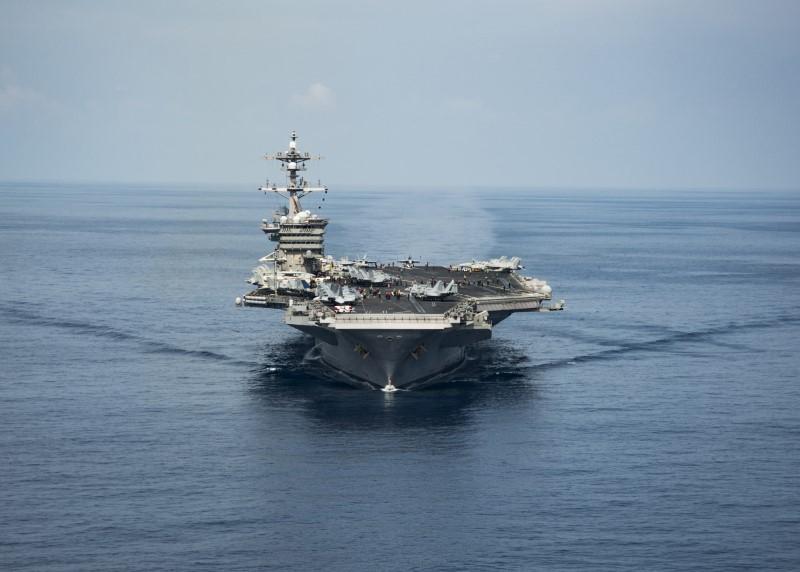The United States has condemned China’s “escalatory and irresponsible actions” in preventing the Philippines from delivering food to its soldiers at an outpost in the South China Sea and reminded Beijing of the U.S.–Philippines mutual defense treaty.
“[China] vessels’ dangerous and deliberate use of water cannons, ramming, blocking maneuvers, and towing damaged Philippine vessels, endangered the lives of Philippine service members, is reckless, and threatens regional peace and stability,” the U.S. State Department said in a statement on June 17.




